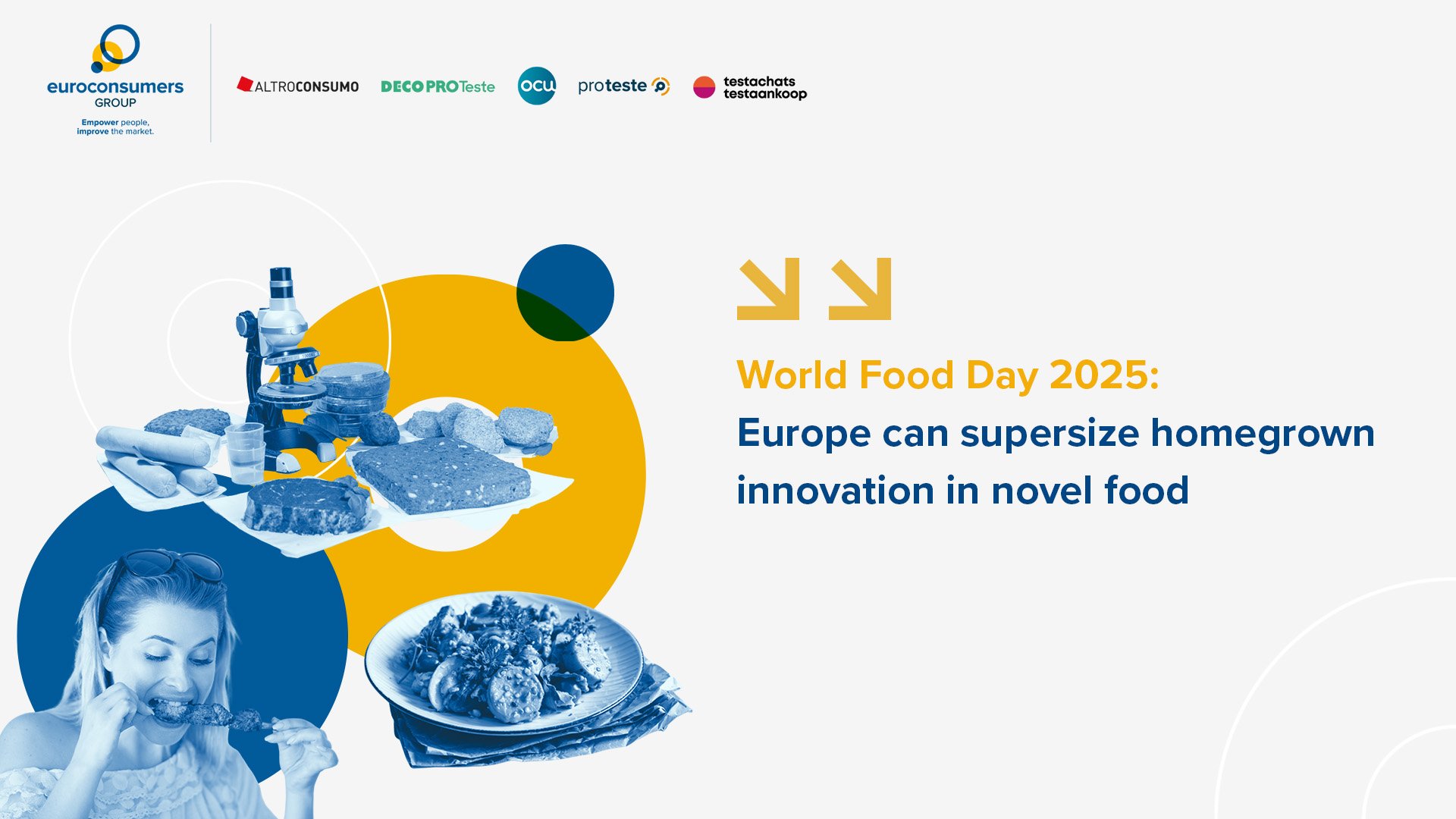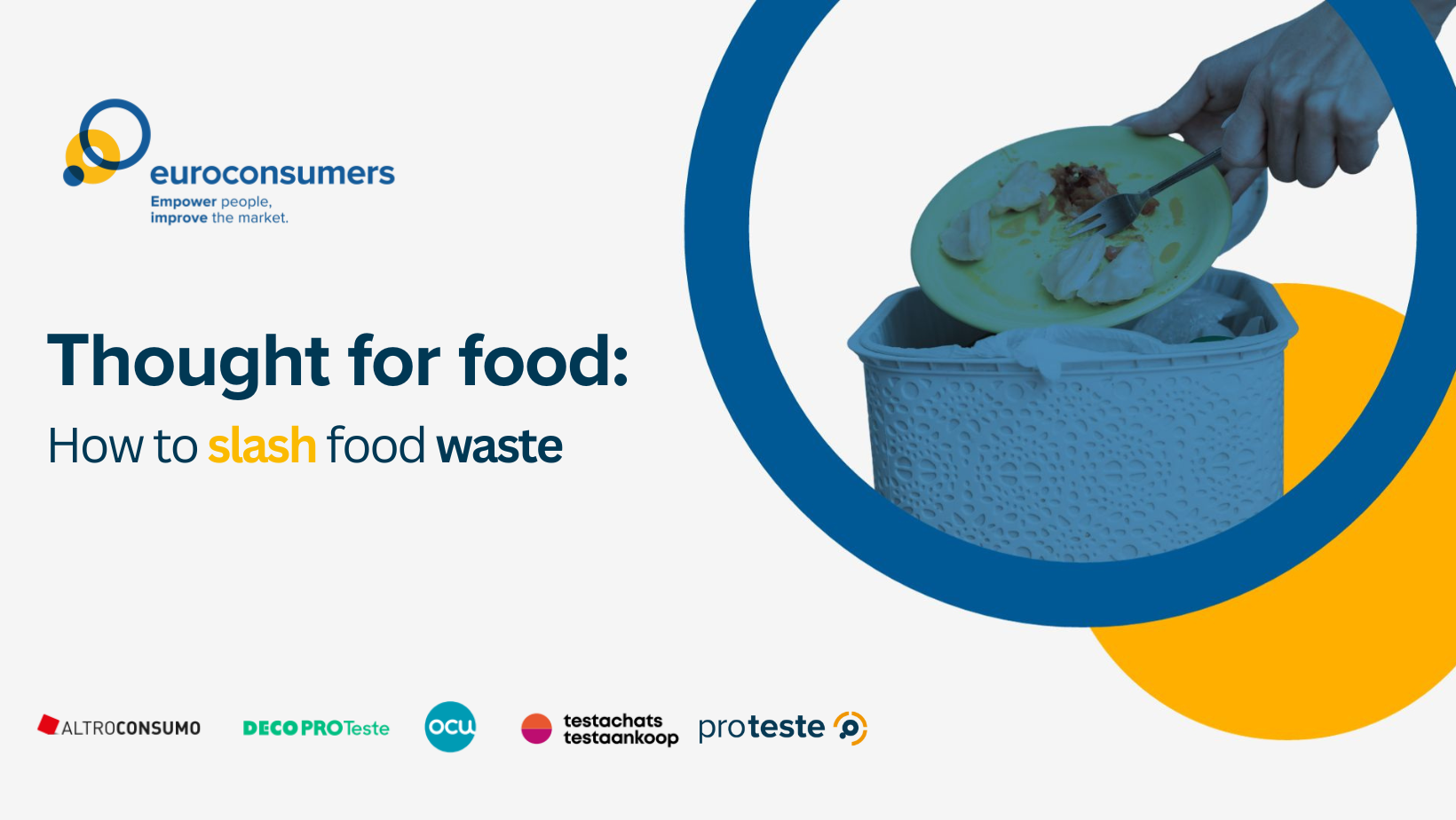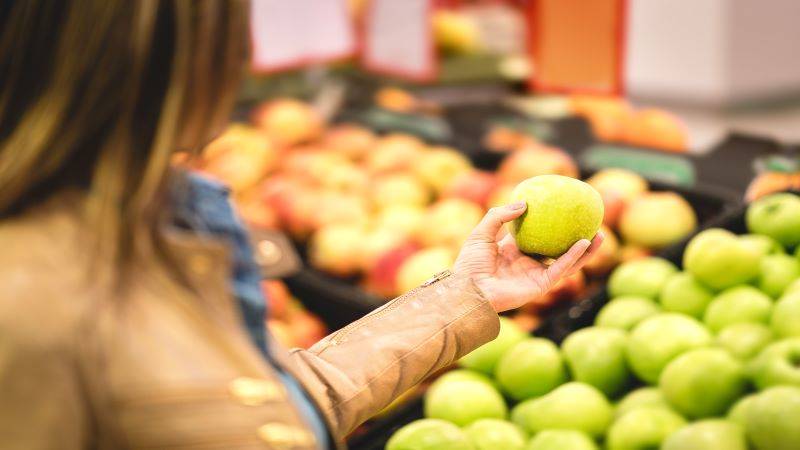What Europe does with its novel protein headstart is now critical, and policy makers intent on improving competitiveness must look at where opportunities lie to supersize homegrown innovation.
Novel proteins in the EU: from pioneer to potential innovation exodus?
Despite the EU’s size and promising start, a recent survey of foodtech companies did not consider the EU a priority market for novel proteins.
Industry figures here say there’s a lack of infrastructure and investments to bring their product to scale from the start-up phase. This chimes with what Draghi identified in his landmark report on EU competitiveness – Europe’s innovation capacity is stifled by the lack of an integrated capital market.
At the same time, foreign investment is being poured into US-based firms, and public investment from the EU is low compared to its competitors: €7 million is reserved for alternative proteins under Europe’s Horizon programme, compared to €135 million invested by Canada and €67.5 million by the UK.
The importance of keeping corporate capture in check
As venture capital continues to flood into the cultivated meat sector, the risk of corporate capture could emerge as investors eager for returns are nudging start-ups towards acquisition by larger players. We see that major agribusinesses now hold significant stakes in alternative protein companies.
This growing concentration of ownership could stifle competition, narrow consumer choice, and deepen existing inequalities in the global food system. Past developments underscore the risks of allowing dominant players to control emerging food technologies:
Industry giants like Cargill and Tyson Foods already own substantial shares in cultivated meat ventures. Both have previously faced legal action over alleged price-fixing schemes that harmed consumers.
To prevent monopolistic practices, Europe must act decisively to develop a clear regulatory framework that can ensure novel proteins stay accessible, competitive and publicly accountable.
When asked about cultured meat in a recent survey across 63% of respondents said they believe its production should be regulated by public authorities, to ensure access for everybody and prevent monopolies.
Novel proteins: Europe’s competitive innovation opportunity
With the right safeguards in place, Euroconsumers supports the development of novel proteins as a valuable contribution to solving the challenges articulated on World Food Day.
We think building the market in Europe, on the foundations of European innovation will give consumers the best chance of an affordable, sustainable choice of new proteins.
Building up the resilience and impact of the novel protein sector is something the new EU Biotech Act must consider as it sets out to simplify regulation for the biotech sector more generally and drive European competitiveness.





